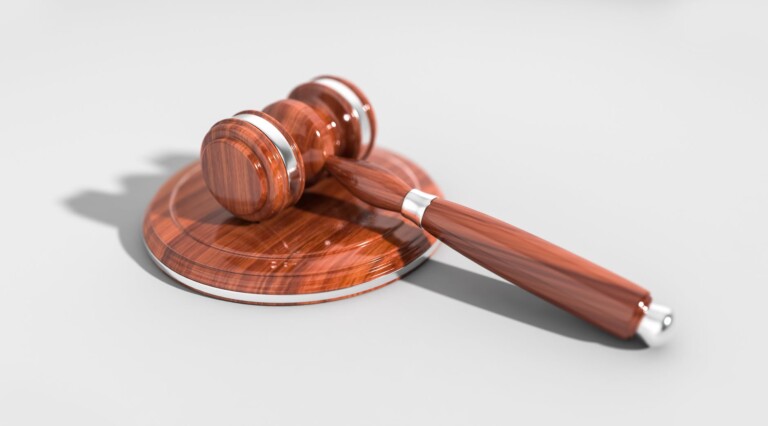
The British Columbia Business Corporation Act (the “Act”) provides different mechanisms for addressing corporate misconduct. Derivative actions and oppressions proceedings are remedies available under the Act for that purpose. There is a critical difference between them, which is important to understand when determining the best way to deal with your particular dispute.
A derivative action is a remedy meant to address harm to the company, rather than harm to an individual shareholder. Under sections 232 and 233 of the Act, a shareholder or director may seek the Court’s permission to bring a lawsuit on behalf of the company to address that harm. In seeking the Court’s permission, the shareholder or director must demonstrate to the Court that:
- they have made reasonable efforts to cause the directors of the company to bring the lawsuit;
- they have acted in good faith; and
- the lawsuit appears to be in the best interests of the company.
In many instances, a shareholder or director will seek the Court’s permission to bring a lawsuit against another shareholder or director.
On the other hand, oppression proceedings are meant to address harm to a particular shareholder rather than to the company. Under section 227 of the Act, a shareholder may seek a wide range of corrective measures from the Court to address the harm. The shareholder must demonstrate to the Court that:
- the affairs of the company are being or have been conducted, or that the powers of the directors are being or have been exercised, in an oppressive manner; or
- some act of the company has been done or threatened, or some resolution of the shareholders has been passed or is proposed, that is unfairly prejudicial.
To successfully seek the Court’s assistance through the oppression remedy, the shareholder must demonstrate independent harm to their interests, rather than an indirect harm to all the shareholders by way of harm to the company. That is the critical distinction between derivative actions and oppression proceedings.
Under section 227(3) of the Act, the Court can make any order it considers appropriate with a view to remedying the oppressive conduct. For example, the Court may make the following orders, among others:
- an order directing or prohibiting any act;
- an order regulating the conduct of the company’s affairs;
- an order replacing or removing directors of the company; and
- an order requiring the trial of any issue.
If you anticipate having or are having a corporate dispute, please contact a member of our Business Litigation Group to discuss which remedy is appropriate in your situation.



